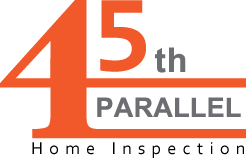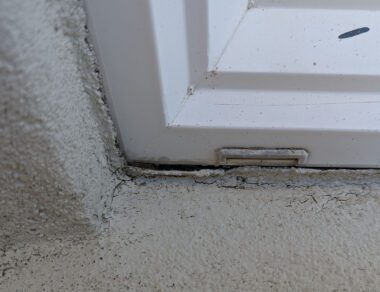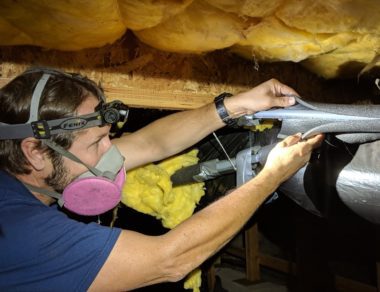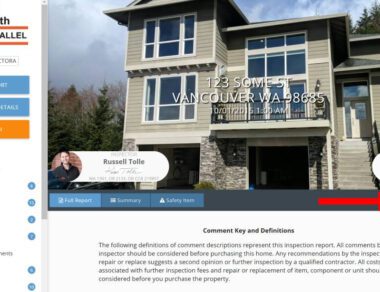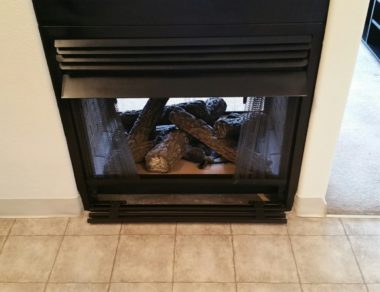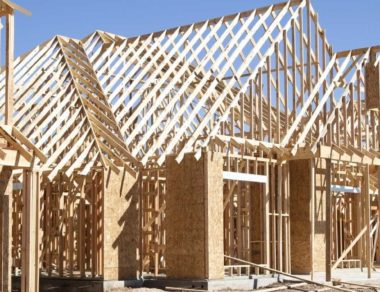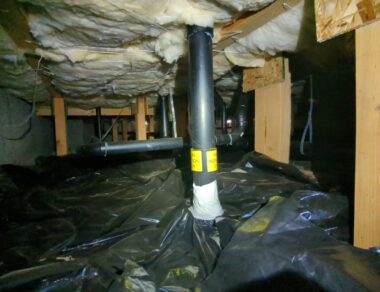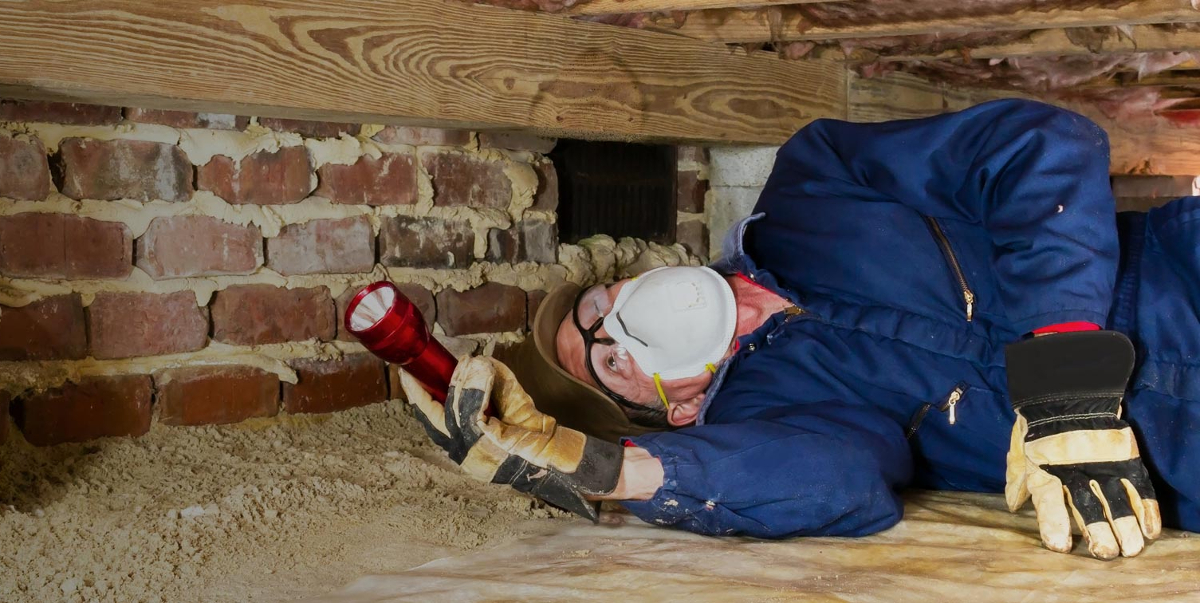
Whether you're a seasoned real estate professional or a first-time homebuyer, understanding the home inspection process is crucial. A home inspection offers a valuable snapshot of a property's condition, highlighting potential issues and helping to provide peace of mind for all parties involved. But one question often pops up: how long does a home inspection take?
The short answer: about two to four hours depending on the scope of the work. If this is a whole home inspection, you’ll be looking at the high end of that time frame. Just a sewer scope? Considerably less time. Once you see everything that happens in a home inspection, you’ll see why it can take several hours before it’s complete.
What Goes into a Home Inspection?
A thorough home inspection typically covers a wide range of areas within the property, both inside and outside. Here's a general overview of what you can expect the inspector to examine:
- Foundation: The inspector will assess the foundation for cracks, leaks, or signs of settling.
- Exterior: This includes inspecting the roof, siding, gutters, windows, doors, cladding, and decks for any damage or necessary repairs.
- Interior: The inspector will examine walls, ceilings, floors, doors, windows, and trim for structural soundness and signs of water damage or needed repairs.
- Plumbing: The inspector will check for leaks in accessible areas such as under sinks and in the crawlspace, proper drainage, and the overall functionality of the plumbing system. Old water lines or known issues with certain types of water lines will be noted if discovered.
- Electrical System: The qualified inspector will assess the electrical system for safety hazards, issues within the electrical panel, outdated wiring, and wiring faults at receptacles.
- HVAC System: The inspector will evaluate the heating and cooling systems, ensuring they function as expected. Ductwork is inspected in the attic and crawlspace, and bath and kitchen vents are reviewed to ensure they vent to the exterior of the home properly.
- Appliances: Built-in kitchen appliances like the oven, dishwasher, microwave, and range hood will be operated for functionality.
Factors Affecting Inspection Duration
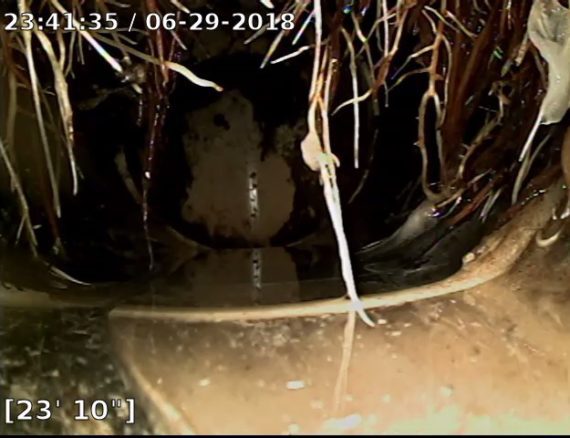 As you can see, there’s a lot to get to in a professional home inspection. And no two homes are ever alike: new construction home inspections (in all of our years of experience, we’ve never encountered a perfect house) and inspection duration on an older home will differ even if they are roughly the same square footage. Several factors can influence the length of a home inspection:
As you can see, there’s a lot to get to in a professional home inspection. And no two homes are ever alike: new construction home inspections (in all of our years of experience, we’ve never encountered a perfect house) and inspection duration on an older home will differ even if they are roughly the same square footage. Several factors can influence the length of a home inspection:
- Size and Age of the Property: Larger and older homes naturally take longer to inspect due to the increased complexity of the structure and the potential for hidden issues. Homes with serious deferred maintenance and many deficiencies just take longer.
- Condition: Severely distressed properties (fixers), or homes having a lot of deferred maintenance take longer to inspect and report on.
- Accessibility: Limited access to crawl spaces, attics, or other areas of the home can extend the inspection time.
- Inspector's Experience: An experienced inspector will work more efficiently while maintaining a comprehensive inspection.
- Complexity of the Property: Homes with unique features or extensive renovations may require additional time for a thorough evaluation.
- Number of Systems: Properties with multiple HVAC systems, mother-in-law suites, additional dwelling units, outbuildings, and other types of complexities require additional inspection time.
Who Sets Up the Home Inspection?
In a real estate transaction, the buyer or the buyer’s realtor typically initiates the home inspection process. They'll research and choose a qualified home inspector to assess the property. However, in some cases, a seller may preemptively order an inspection to address any potential issues before listing the home. A homeowner not selling may also schedule an inspection just to see if there are any minor (or major) repairs needed and to get a periodic review of the overall condition of the home and to obtain a list of needed repairs.
Who Should Attend a Home Inspection?
While not mandatory, it's highly recommended for the buyer (or owner in some cases) to be present during the home inspection. This allows you to ask the inspector questions, gain valuable insights about the property's condition, and understand the reasoning behind their observations. The bottom line is, that the customer should try and attend at least a portion of the home inspection if they can because it’s in their best interest to get as much from the home inspection process as possible.
The home inspection is an opportunity for the customer to learn as much as possible about the property. The inspector will explain their findings in detail, and your presence allows you to clarify any points and ask questions about potential repairs or maintenance needs. This knowledge empowers you to make informed decisions about moving forward with the purchase or when listing your home for sale.
How to Schedule a Home Inspection
Once you've chosen a qualified inspector (45th Parallel for example), scheduling the inspection is typically a straightforward process. Most inspectors allow online booking or phone calls for scheduling appointments. You will need to provide the property address, your contact details for emailing and phone calls, any buyers’ names that will be on the inspection agreement, and the desired inspection date readily available when contacting the inspector.
Does the Realtor Schedule the Home Inspection?
Realtors often schedule home inspections for their customers. It’s a busy time, and buyers have many things to do, so the busy work of researching for the right home inspection company and scheduling a home inspection is often delegated to the realtor if they have a home inspection company they know and trust to do an excellent job.
However, we also encourage the customer to do some of their own due diligence. Either taking time to read reviews and about the home inspection company your realtor has offered to schedule with, or researching and scheduling with the home inspector of your choice is highly recommended.
This is, after all, YOUR transaction and when everyone else is finished with their job, you are the one that will need to be satisfied with the process and the quality of the home inspection performed. Nobody has to live with the outcome of a poor home inspection except for you, so take some time and be involved.
Who Can Do Home Inspections?
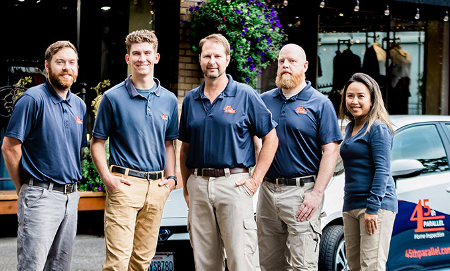 Home inspections are typically conducted by licensed or certified home inspectors. Many states, including Washington and Oregon, require certified training, licensing, and follow-up continuing education. Inspectors undergo rigorous training and adhere to established standards of practice dictated by state requirements and professional trade organizations.
Home inspections are typically conducted by licensed or certified home inspectors. Many states, including Washington and Oregon, require certified training, licensing, and follow-up continuing education. Inspectors undergo rigorous training and adhere to established standards of practice dictated by state requirements and professional trade organizations.
When choosing an inspector, look for certifications from organizations like the American Society of Home Inspectors (ASHI) or the International Association of Certified Home Inspectors (InterNACHI)--two organizations to which 45th Parallel proudly belongs.
It's also wise to inquire about the inspector's experience, particularly their experience with similar properties or specific concerns you may have about the condition of the home. For example, if the property being inspected has stucco siding, an experienced stucco inspector can be helpful. 45th Parallel crews have decades of combined experience in inspections and construction and have inspected thousands of homes. We inspect every home as if it were our own and want to give you relevant data so you can make an informed decision.
By understanding who sets it up, who should attend, and how to schedule it, you can ensure a smooth and informative experience. Remember, the goal is to make sure you're fully informed about the property you're about to invest in. Happy home hunting!
Frequently Asked Questions (FAQs)
Common questions when it comes to how long does a home inspection take
A good inspector will perform a comprehensive inspection of the entire property of the home’s major components and systems. However, you should always communicate any specific concerns you have beforehand. The inspector may then devote extra time to those areas during the inspection and provide more detailed observations in the report. We want to address any concerns you have to make sure you get the most out of the home inspection process.
The inspector's report will provide valuable insight into the severity of any problems found with major components or systems. A verbal summary can also help narrow down what the inspector feels are the most important issues to focus on, which is yet another reason to attend at least a portion of the inspection. You can then use this information to renegotiate the price with the seller or factor in repair costs when making your final decision. The decision to buy is completely yours.
While not mandatory, it's highly recommended. Being present allows you to ask questions, gain valuable insights, and understand the inspector's thought process behind their observations. The verbal summary delivered at the end can also be helpful in determining the most important issues for this particular home. Just reading a report can be a bit overwhelming because it contains so much data, but having it narrowed down for you can be very helpful.
Home inspection costs can vary depending on the size and complexity of the property as well as the inspection scope. For example, a traditional home inspection will be more than a sewer scope or reinspection to make sure all agreed-upon repairs have been made. Consider this an investment in your peace of mind and a crucial step towards informed decision-making. In our experience, the price for the home inspection is usually far outweighed by the price negotiations and peace of mind you get from being well-informed.
In general, full home inspections generally start around $500. They are often more due to added ancillary services like sewer line inspections and sewer scopes. As of the time of this article, our average home inspection including all ancillary services is around $800.
45th Parallel Home Inspection: Your Trusted Partner in Home Evaluation
At 45th Parallel Home Inspection, we understand the significance of a thorough and reliable home inspection. Our team of experienced and certified inspectors is dedicated to providing comprehensive assessments that empower you to make informed decisions about your property. We take pride in clear communication, detailed reports, and a commitment to exceeding your expectations.
Ready to schedule your home inspection? Contact 45th Parallel Home Inspection today! We offer flexible scheduling and competitive rates. Let us help you gain valuable insights into the condition of your potential new home or your existing property.

